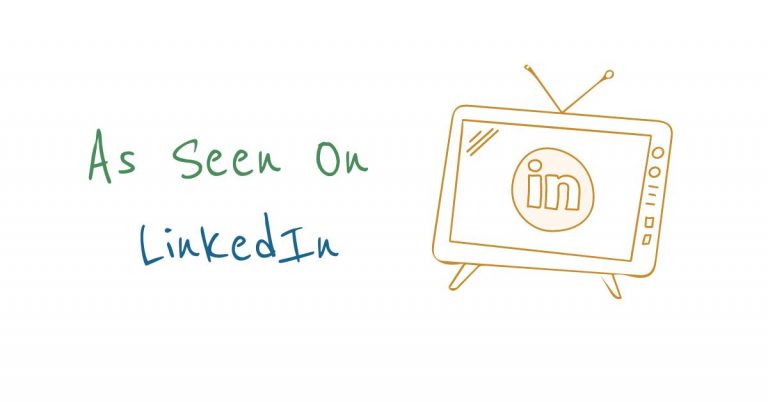Many meetings are organised because one of the participants is too busy or lazy to carve aside time to think about a topic. This is the worst reason to organise a meeting and shows a huge lack of respect for the people around them.
But some people do think better in conversation with other people. This is OK, but limit how many people and how much time needs to be devoted to this process.
Regardless, always question how necessary a meeting is. If multiple perspectives are required, a joint agreement is needed, a new path needs to be created or a personal connection needs to be achieved or maintained, the chances are it should be a meeting. Otherwise, it might be a better email.
There is a correlation between meeting quality and preparation. Usually, the earlier you and your other participants can start preparing, the more value you will jointly create.
At the outset, agree to clear outcomes for what a successful meeting looks like. Keep focussing on them.
Listen intently, as often as possible, and encourage others to do the same. It is the precursor to insight and creation.
Ask great questions of the quietest people (you won’t believe the gold that sits beneath those surfaces).
Estimate how long you think you’ll need and add 25% (most people underestimate the amount of time required to achieve something).
But every now and then, half your normal meeting time and see how much you can achieve under this time pressure. You may just surprise yourself with how effective you can be when intently focused.
If you have a regular meeting coming up and don’t think you have anything to talk about, this may be a golden opportunity to dig into something that’s important, not just urgent. If this keeps happening consistently, you may need to drop the frequency of the meeting or redefine its structure/purpose.
Most participants don’t like to be put on the spot and tend to think poorly when put under time or peer pressure. If critical thinking is required on a topic, ask participants to point their brains at this before the meeting.
Keep your phone in another room and turn your email off.
While video meetings are easier and preferred by most people, they are prone to distractions and limit connectedness. So as a leader or adviser, it has never been more crucial to decide which meetings are too important to not be held face-to-face.
We all have short memories and too many things competing for our attention. Our retention of information plummets if we wait days or even hours to document the meeting and circulate the next steps to participants. The quicker we can do this, the easier it is to do and the less it weighs us down. Make this a habit.
Every now and then, bring some unexpected fun and surprise into your meeting. Sharing positive emotions usually helps catalyse the goals you’re there to achieve and it makes the work you’re doing together more memorable and enjoyable.
This is a post from my LinkedIn.
To connect with me on LinkedIn, head to: https://www.linkedin.com/in/michaeljback/
To follow Human to Human on LinkedIn in, head to: https://www.linkedin.com/company/humantohuman/


